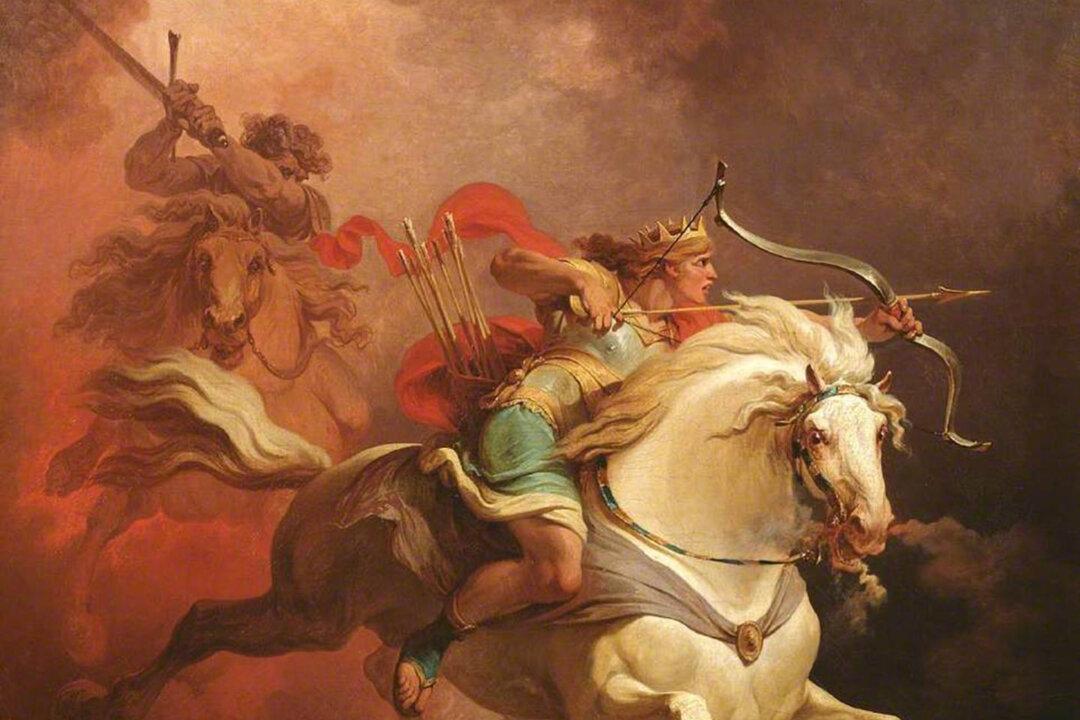He was a big man, standing 6 feet, 4 inches tall and weighing nearly 300 pounds. To that mountainous physique, add his characteristic appearance in public—a pince-nez, capes and great coats, papers jutting from his pockets, a walking stick, and cigar—and you had a subject that caricaturists could, and did, love.
Gilbert Keith Chesterton (1874–1936) wrote poetry, fiction, history, treatises of lay theology, biographies, and, most prolifically of all, essays ranging in subject matter from Christian doctrine to contemporary affairs. He entertained readers with his Father Brown mysteries (which recently gained a new audience through a television series), gave Christians and non-Christians alike points to ponder in books like “Orthodoxy,” and, nearly a century after his death, found fans in such commentaries on society such as “What’s Wrong With the World” and “The Outline of Sanity.” As quotable a writer who ever lived, Chesterton had enough beloved and witty aphorisms to become collections in books themselves.






